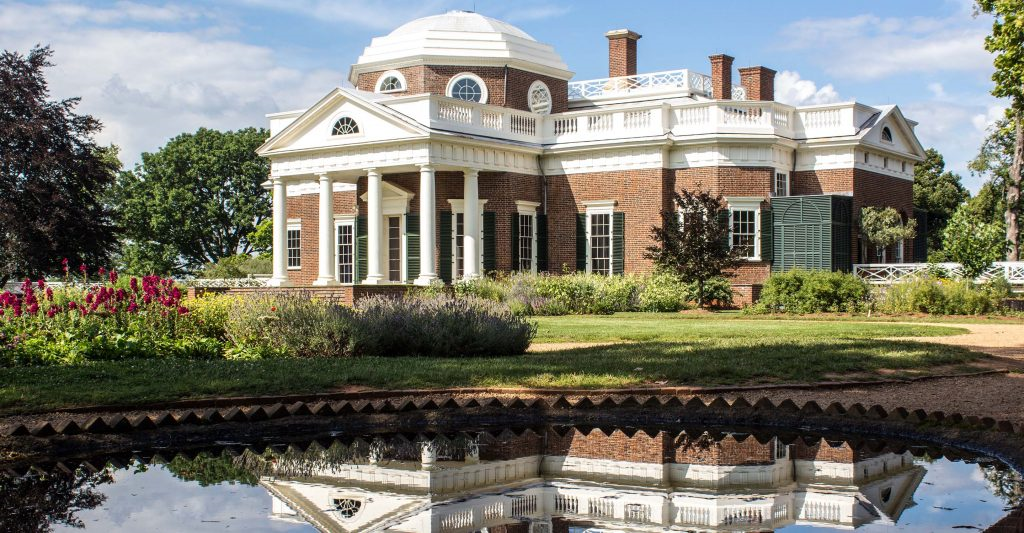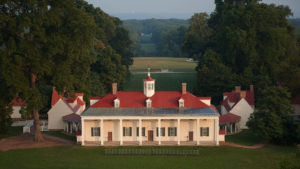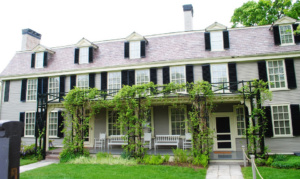Temperance and Discipline – on These Hang Other Virtues

Some of you may recall my writing on some of the principles and teachings of Marcus Aurelius. I’ve broadened my perspective to reading other Stoics and on Stoicism in general.
One thing I find consistently is the theme of self-mastery. The Stoics believed that disciplining – and tempering – one’s wants and desires, one’s appetites, and one’s reactions, was the path to true freedom. Bending one’s self, as it were, to one’s own chosen ends, not being tossed hither and thither like a leaf in the wind, with neither agency nor control.
Discipline is the way we build our families, our careers, our savings. It’s also the way we build virtue into our lives – conscious choice. I forget sometimes that the core meaning of the word “virtue” is power.
Because the practice of discipline and temperance – self-mastery – leads us to the ability to be virtuous in other ways – because we know how to choose our actions, our responses to situations as they arise. We can be braver. We can be more loving. And so on. All mindfully, all our own choices.
So, why have I illustrated this post with Thomas Jefferson’s storied mansion? Because the man who penned the Declaration of Independence, who was one of the intellectual giants, and perhaps the nation’s most eloquent writer, of his age, was not master of himself in the ways the Stoics teach us. Monticello was constantly expanded, renovated, furnished with costly and antique appointments from Jefferson’s beloved France and other areas of Europe. The plantation was not self-supporting; at least, not sufficiently so to cover the mounting expenses.
Thomas Jefferson, to whom we all owe so great a debt, died a debtor himself – to the tune of some $100,000 (roughly $3 million in today’s dollars).
Contrasting with Jefferson is George Washington, also a manor-born Virginian.

Mt. Vernon was a working plantation. Washington owned and operated a grain mill, made barrels to transport and store the grain (for himself and his customers). Upon his retirement from public life, he set up a distillery which at his death was one of the largest in the nation.
He died leaving a substantial estate, and his will freed one slave, with the provision that the rest be emancipated upon the death of his wife. Rather than leaving debts behind, Washington’s will forgave others’ debts to him.
Both Jefferson and Washington, though, owned slaves, profiting by their labor. And both knew slavery was evil. But knowing and acting on one’s knowledge are two very different things. Jefferson and Washington had grown up with slaves. They quailed at the prospect of doing without them, as necessary for their moral stature as they knew that was.
So let us take a greater contrast – John Adams of Massachusetts.

Peacefield, or Peace Field, close to the modest homes Adams himself and his son, John Quincy Adams, were born in, was purchased with the proceeds of Adams’ employment, his law practice, his public service earnings. Adams employed freemen only, and never owned a single slave. He, and later his son, while rejecting proposals for a blanket immediate emancipation of all slaves, believed strongly that slavery must be ended for the nation to thrive morally.
John Adams was all his life a tireless and fiercely disciplined worker, subduing his personal wants to his goals for his family and our nascent nation. And, at his death, he left his heirs an estate of $100,000.
John Adams and Thomas Jefferson died on the same date – July 4, 1826, fifty years to the day after the publication of the Declaration of Independence. Both were giants in the history of the founding of this country. But one left his heirs in debt, and the other left a legacy, in roughly the same amount – which, again, would represent some $3 million today.
I’m sure many of us would like to be as eloquent as Thomas Jefferson (John Adams knew he himself was not), but surely we’d all like to leave something more substantial and useful than debt to our children.
The best way to ensure this outcome is the practice of discipline, temperance, self-mastery – and wise use of the freedom they afford us.
What are your thoughts on these three men, who loom so large in our nation’s legend?
Please click here to email me directly – I’d love to hear your take.
Until next time,
Peace,
Eric
